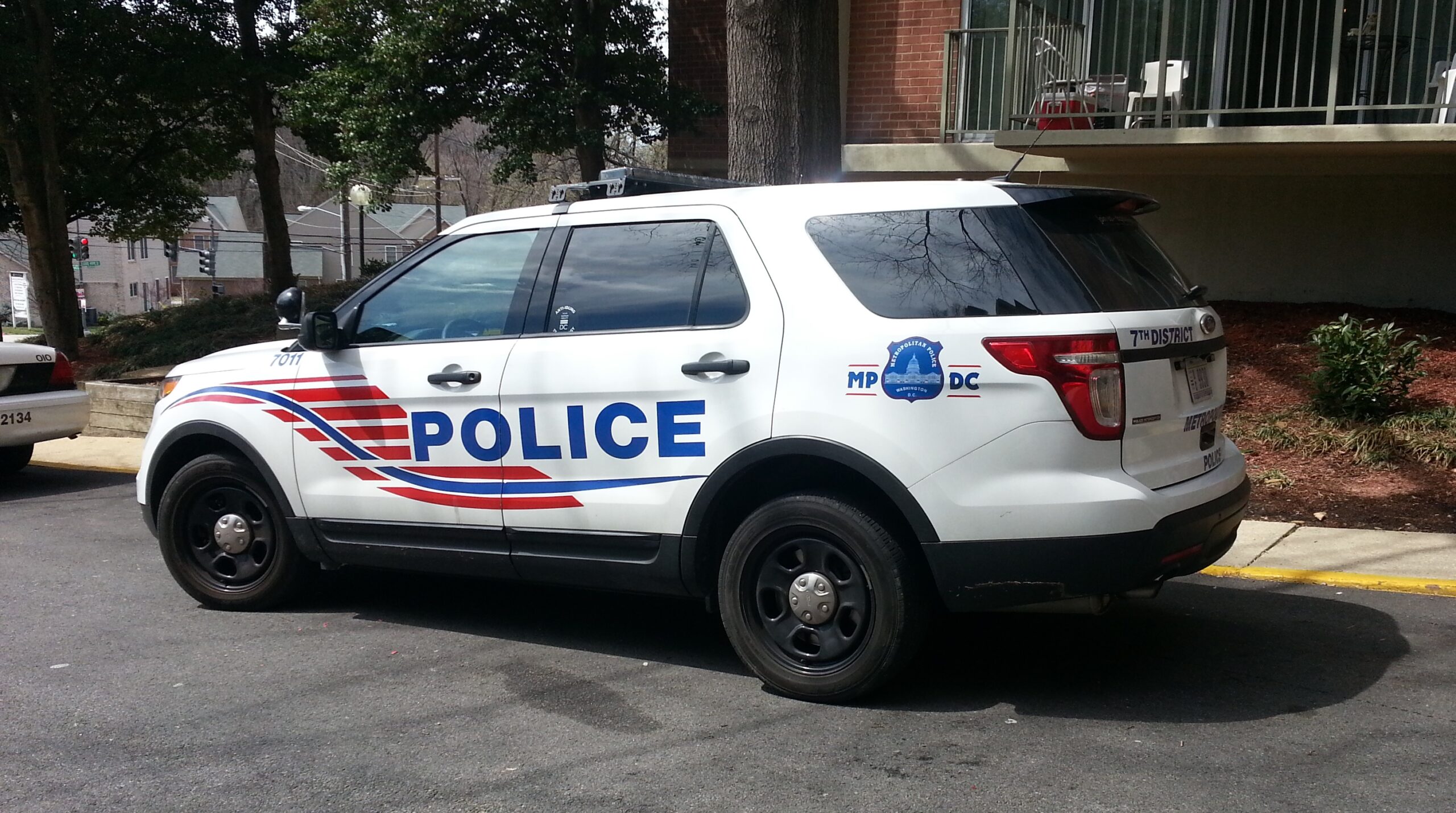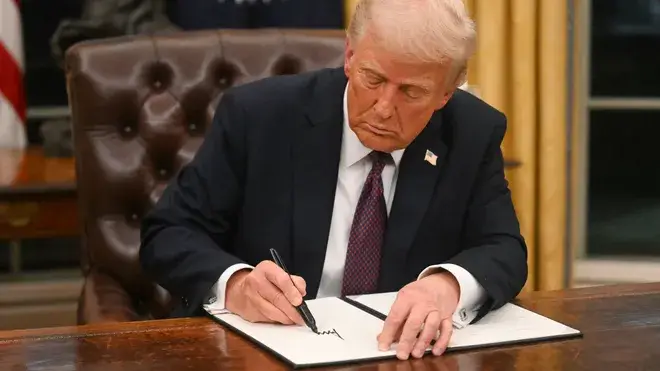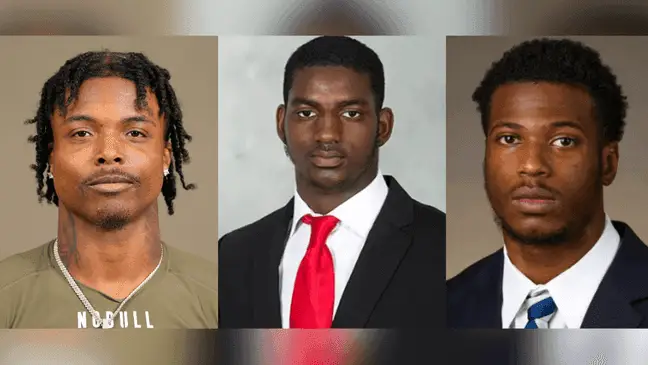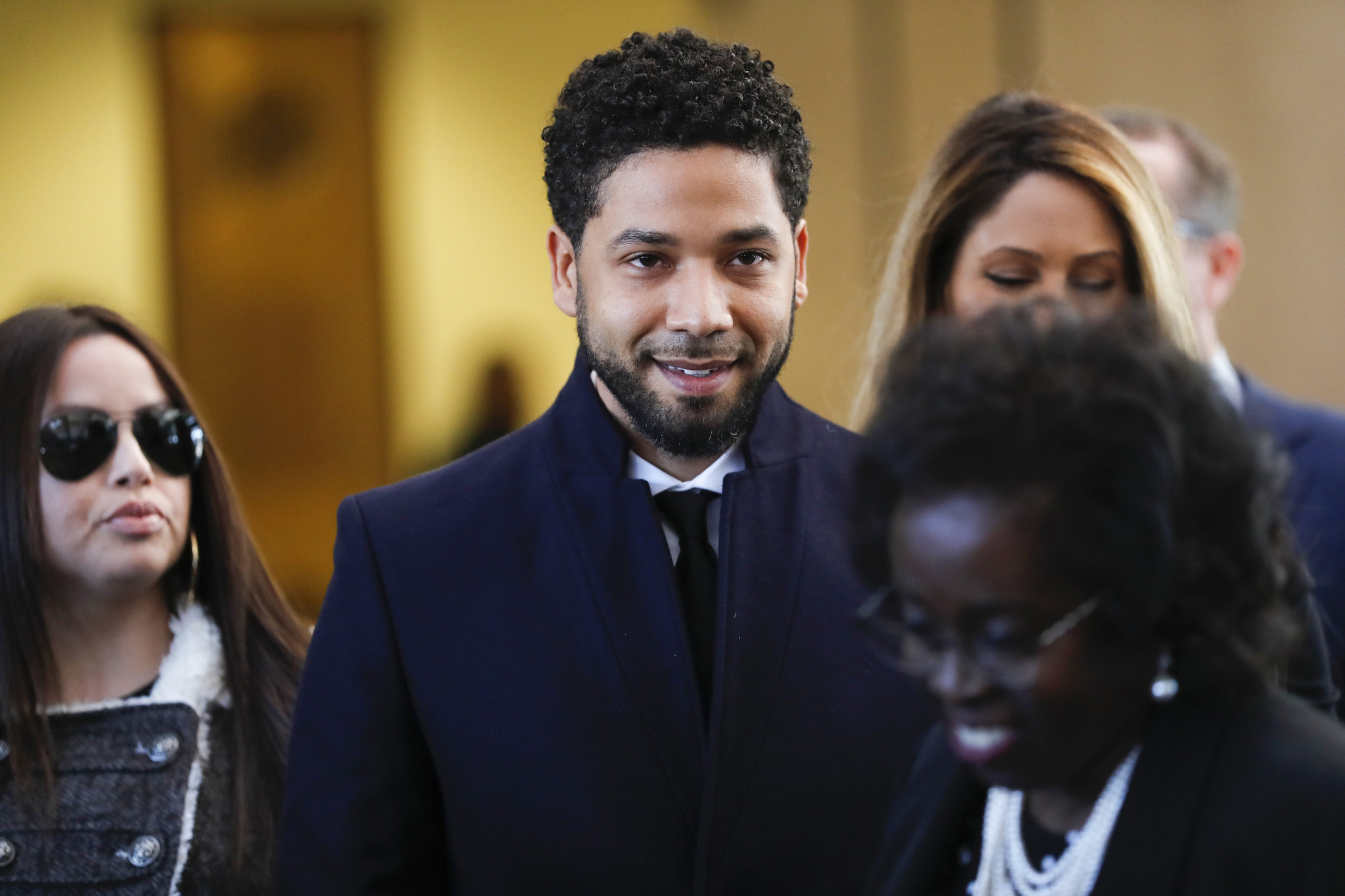
Jussie Smollett accused of lying to CPD, indicted on 6 counts of disorderly conduct.
Actor Jussie Smollett is facing new criminal charges nearly a year after Cook County prosecutors dropped disorderly conduct counts against him for allegedly orchestrating a racist, homophobic attack on himself early last year. Smollett was indicted by a special Cook County grand jury on six counts of disorderly conduct for allegedly making four separate false reports regarding what police said was a faked attack. Special Prosecutor Dan Webb announced the charges in a press release Tuesday, saying that “further prosecution of Jussie Smollett is ‘in the interest of justice’.” In deciding to bring charges, Webb’s team looked at “the extensive nature” of Smollett’s falsehoods and the massive amount of time and money Chicago Police put into the investigation, according to the release.
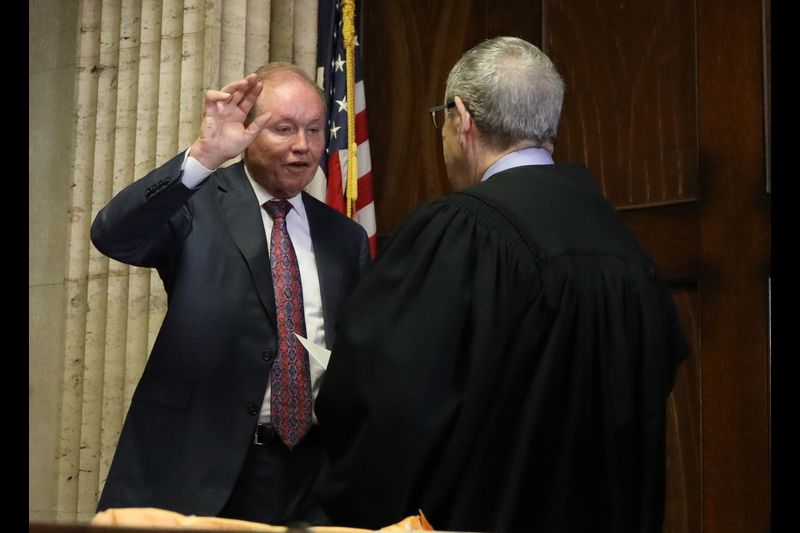
Smollett forfeited his $10,000 in bond money in exchange for the first case’s dismissal, which Webb noted is less than 10 percent of the approximately $130,000 the police spent on overtime in the case. Smollett is expected back in Cook County court Feb. 24, records show. The actor must start the process all over again: A judge will be assigned, Smollett will be arraigned, and his attorneys will battle the same kind of charges he faced a year ago — this time, before a different set of prosecutors.
The new charges are just the latest twist in the Smollett saga, which ignited a firestorm of controversy for Cook County State’s Attorney Kim Foxx when the original case against the actor was set aside. Webb was tasked with investigating all aspects of the case, including Foxx’s handling of the matter. That aspect of the probe is still continuing, according to a news release from Webb’s office. But Webb has already determined that his office “disagrees” with how Foxx handled the Smollett case, the release states. Despite Foxx’s public pronouncements that the case was handled the same way as other low-level charges, her office was unable to show Webb’s team any evidence to show that, the release states.
In addition, Cook County prosecutors couldn’t show Webb’s team any new evidence that arose between Smollett’s indictment and the day charges were dropped that would weaken the case against the actor. Foxx’s handling of the Smollett case has become a flashpoint in her re-election campaign, with all three of her primary challengers using it to attack her credibility.
Kim Foxx’s campaign issued a statement calling out the “James Comey-like timing” of Webb’s decision to bring charges against Smollett with just over a month to go before the Democratic primary. “(It) can only be interpreted as the further politicization of the justice system, something voters in the era of Donald Trump should consider offensive,” the statement read. Webb’s news release was careful to add that their decision to charge does not necessarily mean that Foxx’s office engaged in wrongdoing through the course of Smollett’s first case.
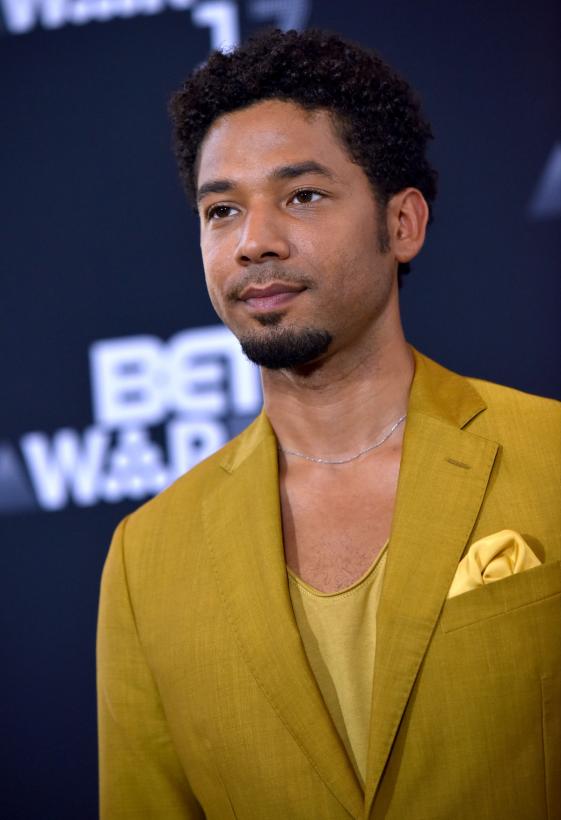 Smollett’s attorneys have argued in previous court filings that any further charges would violate his rights against double jeopardy, particularly since he forfeited his $10,000 bond when the case was dropped.
Smollett’s attorneys have argued in previous court filings that any further charges would violate his rights against double jeopardy, particularly since he forfeited his $10,000 bond when the case was dropped.
But that argument doesn’t hold water, veteran attorney Richard Kling told the Tribune on Tuesday. Double-jeopardy protections do not apply until a defendant has pleaded guilty or begun a trial. “There was no jeopardy, there was no bench trial, there was no jury trial,” Kling said. “The law is absolutely etched in stone in terms of when jeopardy attaches.” And Judge Michael Toomin, who ordered the special prosecutor investigation, ruled that Smollett’s first case was essentially invalid from start to finish, since Foxx did not follow the proper procedures for formally recusing herself. That could potentially give Webb the ammunition he needs to fight back against double-jeopardy claims.
Smollett, who is black and openly gay, told police he was attacked by two men near his home in Chicago’s Streeterville neighborhood on a frigid night last January. The men shouted slurs and hung a noose around his neck, he said.
But the actor, best known for his now-ended role on Fox’s “Empire” TV show, eventually turned from victim to suspect, and in a Hollywood twist, police said that the entire thing was a hoax, and that Smollett actually staged the assault from start to finish.
Smollett was charged with faking the crime — but in another surprising turn just a few weeks later, Foxx’s office dropped all 16 counts of felony disorderly conduct with little explanation at an unannounced court hearing.
In August, Webb, a former U.S. Attorney, was named a special prosecutor and given a broad mandate to investigate the case, including looking into whether Smollett should again be criminally charged for his actions that night. In announcing his decision to charge Smollett, Webb pointed to several factors including “the extensive nature of Mr. Smollett’s false police reports, and the resources expended by the Chicago Police Department to investigate these false reports.”
Further, Webb said that the Cook County State’s Attorney’s office was unable to provide examples of how other cases were disposed of in a similar fashion.
Prosecutors originally alleged that Smollett staged the attack because he was unhappy with the “Empire” studio’s response to a threatening letter he received at work a week earlier. Chicago police leaders took it a step further, accusing Smollett of faking the letter as well. The mailing had been part of a parallel federal investigation of the incident.
This is a developing story. Check back for updates.






